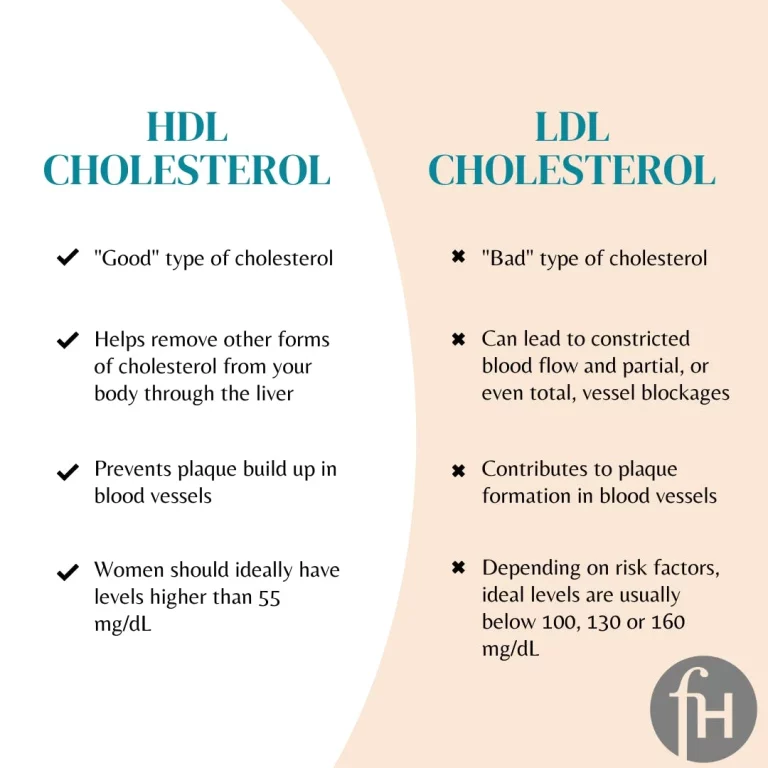My voice is hoarse! How do I keep my voice healthy?
Authors: Dr. Anju Patel, Shielah Mauntana
Medically reviewed by ENT Surgeon Dr. Anju Patel
Many of us take our voices for granted. We sing, laugh, talk, and yell with our voices every day, so it’s easy to never think about losing our voices. However, it’s important that we keep our voices healthy so permanent damage doesn’t occur.
What is voice? What are vocal cords?
The larynx, or more commonly known as the “voice box”, is a passageway made of various tissues including muscle and cartilage that connects the upper throat or pharynx to the lungs. It is located in the neck and contains the vocal cords (also known as vocal folds). Your vocal cords are made of multiple layers including two muscles that move to produce the sounds that make up your voice. When you are not speaking, your vocal cords are typically not touching and the passage is open so you can breathe. When you are speaking, the vocal cords come together as air from the windpipe comes through, making the vocal cords vibrate and produce voice. (1)
What makes our voices sound different?
Vocal cords and larynx in addition to parts of the throat differ in size and shape, depending on the person. The differences between each person are what make each person’s voice quality unique.
An obvious factor that can differentiate voices is a person’s sex. During puberty, testosterone in males causes an elongation of the larynx’s cartilage and thickening of the vocal cords, which all correlates to lower vibrational frequency when speaking, leading to a deeper sounding voice. Females have shorter and thinner vocal structures which correlate with higher sounding voice. (2)
These differences mean females are more prone to vocal disorders due to the relatively higher stress their vocal structures must endure; thinner and shorter structures make higher frequency sounds, which must go through more oscillations and stress to produce voice. (2) Studies have also shown that females must use more respiratory effort to produce the same vocal amplitude or loudness as men. This can lead to increased stress on the vocal cords and lead to vocal damage. (2)
What does vocal damage do?
Related: Neon Yellow Pee – What Causes It?
Vocal damage can cause an unhealthy voice. Anyone can develop an unhealthy voice. Those who work in a field of frequent voice use, like teachers and singers, puts their voice at greater risk for developing problems. This is just like athletes being more prone to muscle injury. An estimated 17.9 million adults in the U.S. report voice problems. (1) If your voice develops any of these qualities, you may be developing an unhealthy voice: hoarseness, inability to sing high notes (that you could before), sudden change in the pitch of your voice, an irritated or painful throat, and throat clearing. (1) An unhealthy voice is trying to tell you that there is something else going on in your body. A lot of things can cause an unhealthy voice, some are benign causes and some need serious medical attention. A few causes of an unhealthy voice include: using your voice too much/too strenuously, acid reflux/heartburn (the acid can cause irritation to your larynx), respiratory infection (inflammation of the throat and decreased air flow through the larynx, which affects voice), vocal cord/larynx cancer, neurological diseases (affecting the way your vocal cords move), and psychological trauma. (1)
What do I do if I have hoarseness? What do I do if I have damage to my vocal cords?
The best thing to do if you think you have a voice problem is to ask a doctor to assess you. A doctor who can best diagnose a vocal disorder is an otolaryngologist aka an ENT. They focus on disorders of the ears, nose, and throat. (1) They can further refer you to a specialist called a laryngologist, who can focus on your vocal concerns, help you build healthy vocal habits, and offer procedures to help if needed. (3)
How to keep your voice healthy
In order to keep your voice healthy, it is important to keep in mind the stress you put on it when you speak. Avoid shouting, throat clearing, and pushing your volume to its highest limits. Mind your voice when you are sick to prevent permanent damage to your voice. (3) Being dehydrated and drinking alcohol can put stress on the vocal cords as well, so it’s important to drink water. 60-80 ounces is the recommended daily minimum. (3) For the times when you feel you have to raise your voice to be heard – like in a presentation or while teaching in person, the use of a microphone can reduce the stress on your voice. (3) This way, you can be heard while protecting your voice. (3)
When you can, it’s important to rest your voice. Continuous use over long periods of time, like during back-to-back Zoom meetings, can strain your vocal cords and lead to long-term damage to your voice. Resting your voice for at least 10 minutes for every hour of speaking is a good rule of thumb. (3)
These tips will help keep your voice healthy and heard.
- https://www.nidcd.nih.gov/health/taking-care-your-voice
- Gender differences affecting vocal health of women in vocally demanding careers
- https://www.asha.org/news/2020/asha-offers-tips-for-teachers-to-protect-their-voices-this-school-year/#:~:text=ASHA%20recommends%20that%20educators%20do,voice%20when%20you%20are%20sick.
We discuss products we think are useful to people. If you buy something through our links, we may earn a commission. Remember to check with your personal physician to see if a product recommended is right for you.








